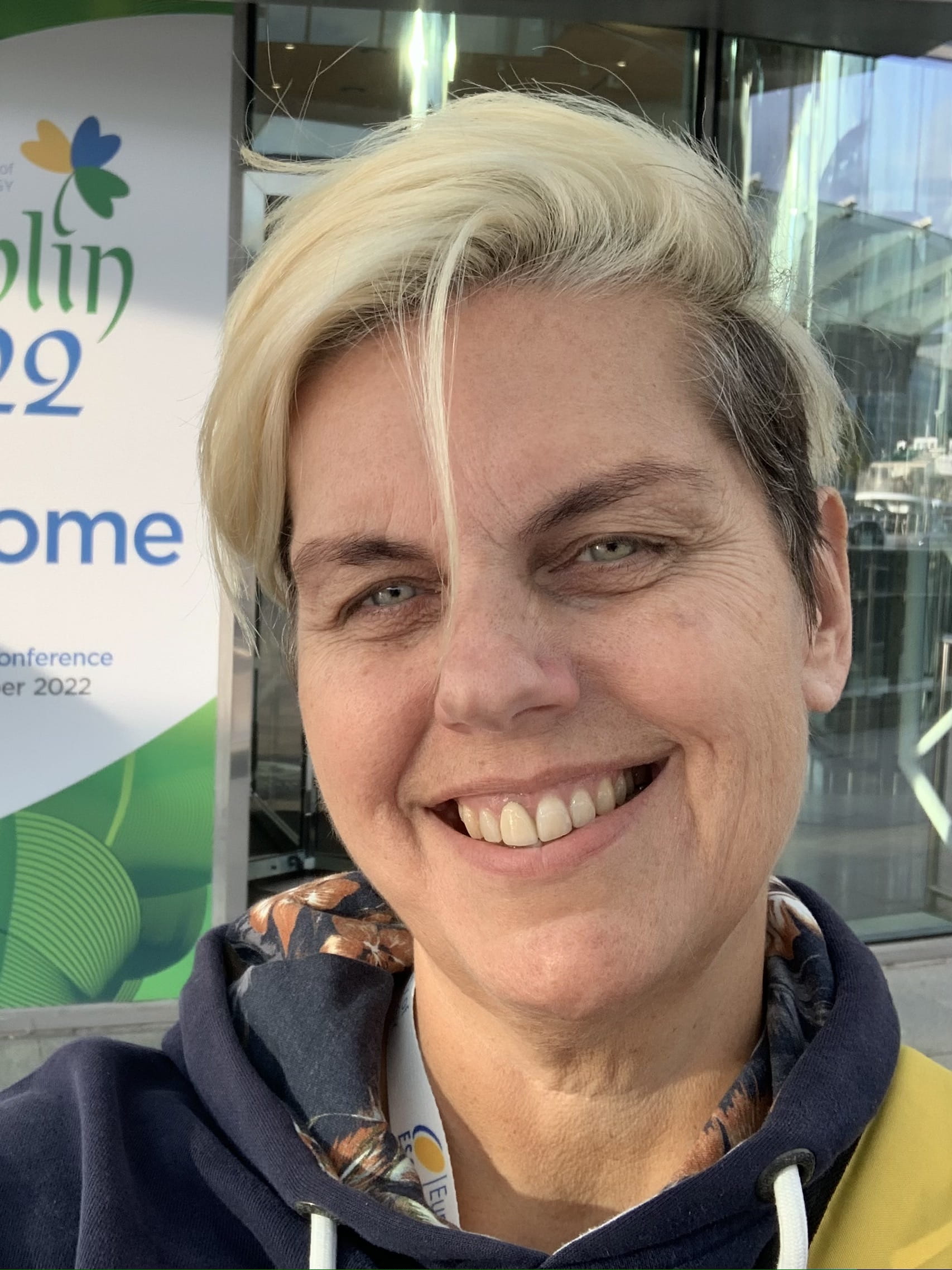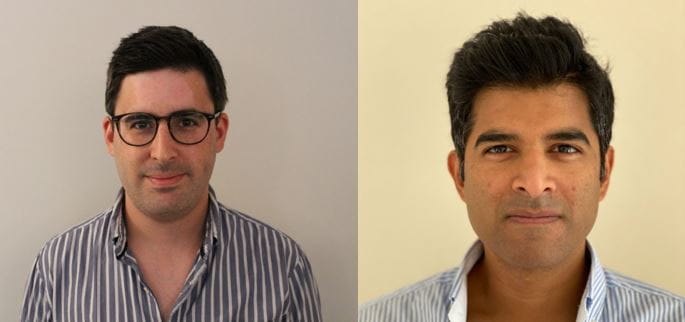Blogs
-
13Jun2024
-
12Apr2024
A look back at the inaugural Iftar event
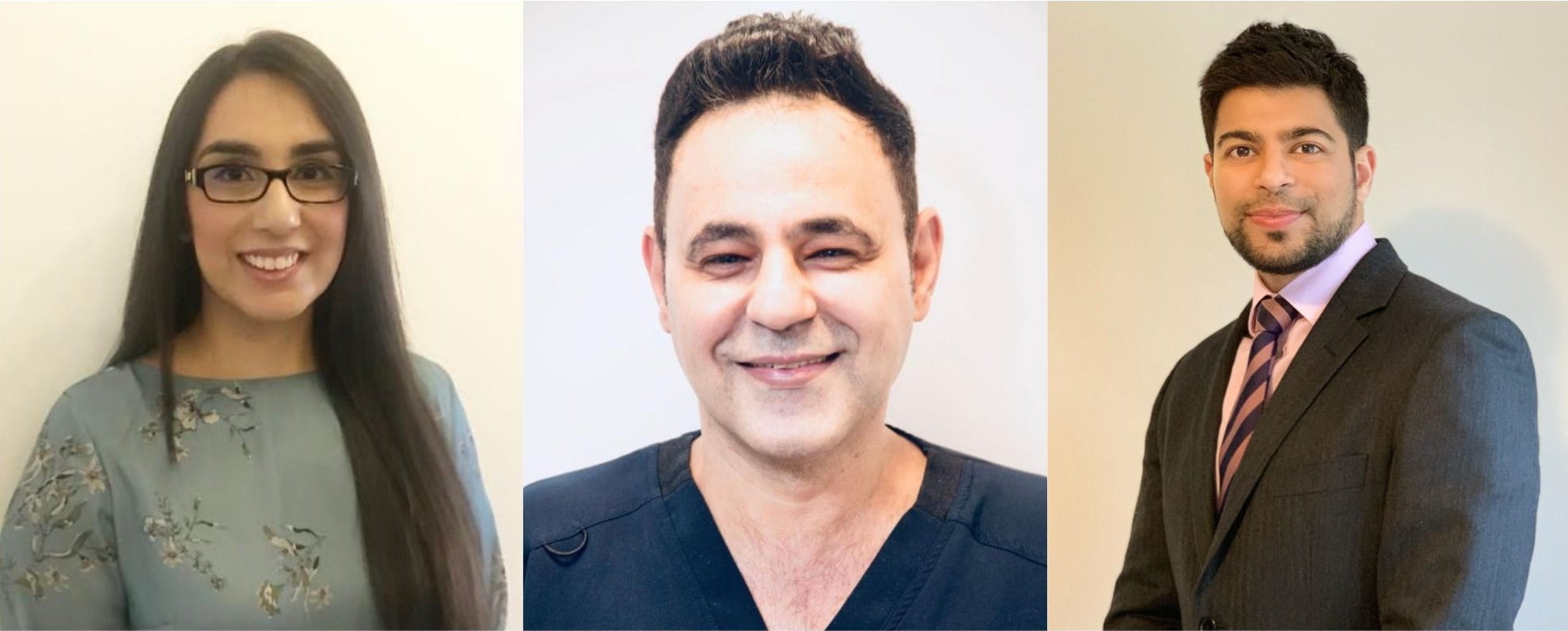
Miss Irrum Afzal, Mr Sarkhell Radha and Mr Syed Ahmed
-
1Dec2023
A doctor's perspective on moving through grief
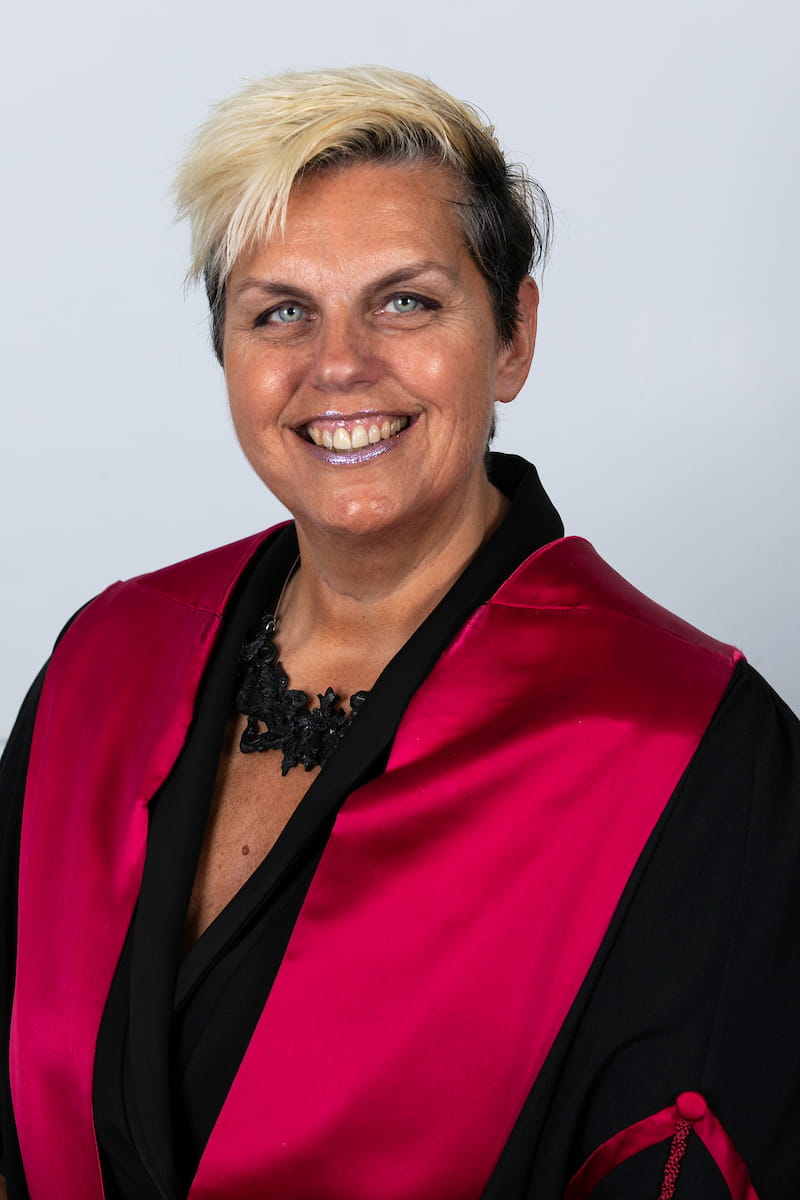
Ginny Bowbrick
-
22Sep2023
The Basic Surgical Skills Course: Past, present and future
Celebrating thirty years of the Basic Surgical Skills course.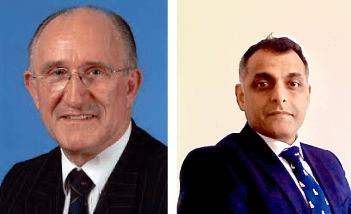
Bill Thomas and Pranav Somaiya
-
5Jul2023
Unlocking the potential of SAS surgeons
As an SAS surgeon myself, it is my ambition that SAS surgeons receive recognition and the parity of esteem we deserve, writes Vinita Shekar.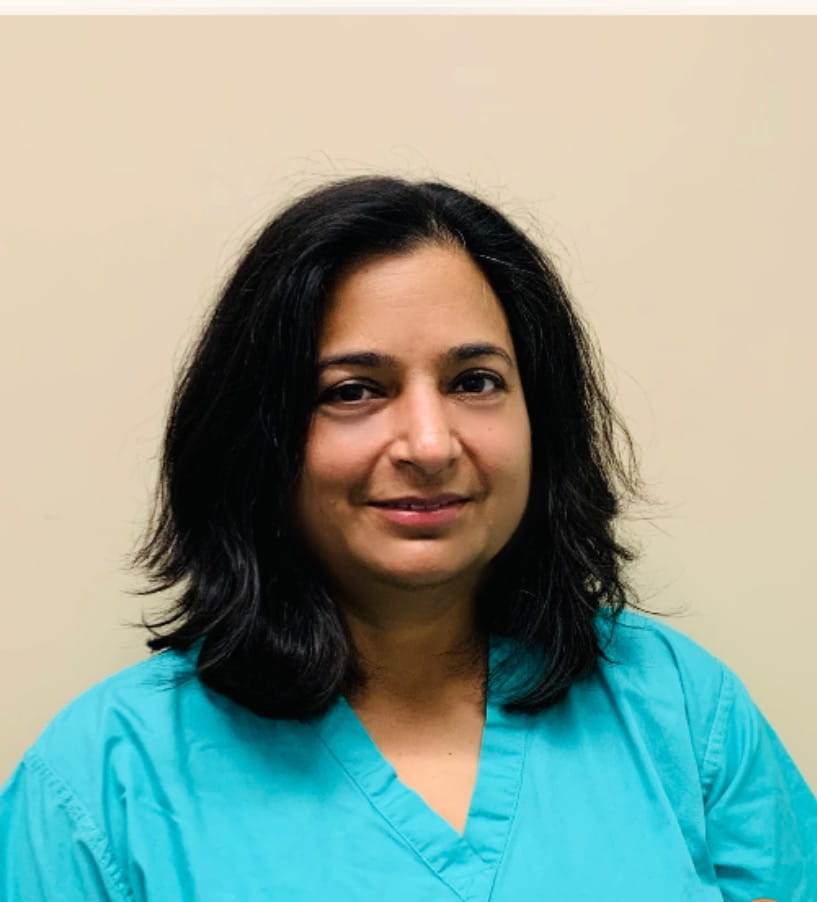
Dr Vinita Shekar, Chair of the SAS Forum and Council Lead for SAS Strategy
-
3Jul2023
Symphony of Success: Celebrating innovation in surgery for #NHS75
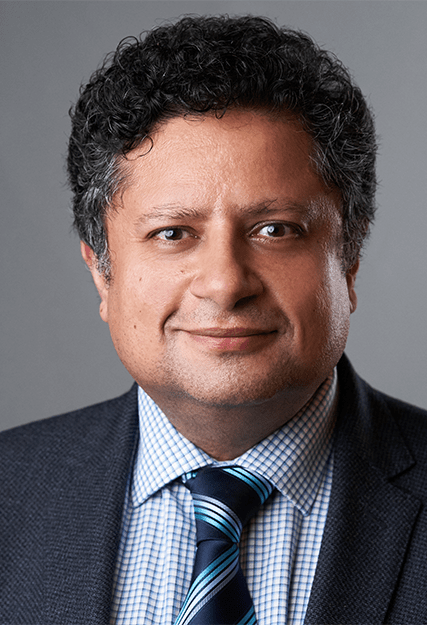
Professor Keyoumars Ashkan
-
9Jun2023
Embracing Pride: Reflecting on LGBTQ+ visibility in surgery
Ginny Bowbrick
-
31May2023
-
18May2023
Grassroots in Surgery

Royal College of Surgeons of England
-
8Mar2023
Six ways we are embracing equity at RCS England
This International Women's Day, join us as we take a look at six ways we are embracing equity at the College.
Royal College of Surgeons of England
-
14Dec2022
Your top 10 Bulletin articles of 2022
Join us as we count down this year’s ten most popular Bulletin pieces, as chosen by you, the reader.
Royal College of Surgeons of England
-
1Sep2022
Are You Cut Out For It? 10 years of our Surgical Skills Competition…
RCS England members Kathryn Ford and Lilli Cooper established the Are You Cut Out For It? national surgical skills competition ten years ago. They tell us more about why they founded the competition and how it has evolved.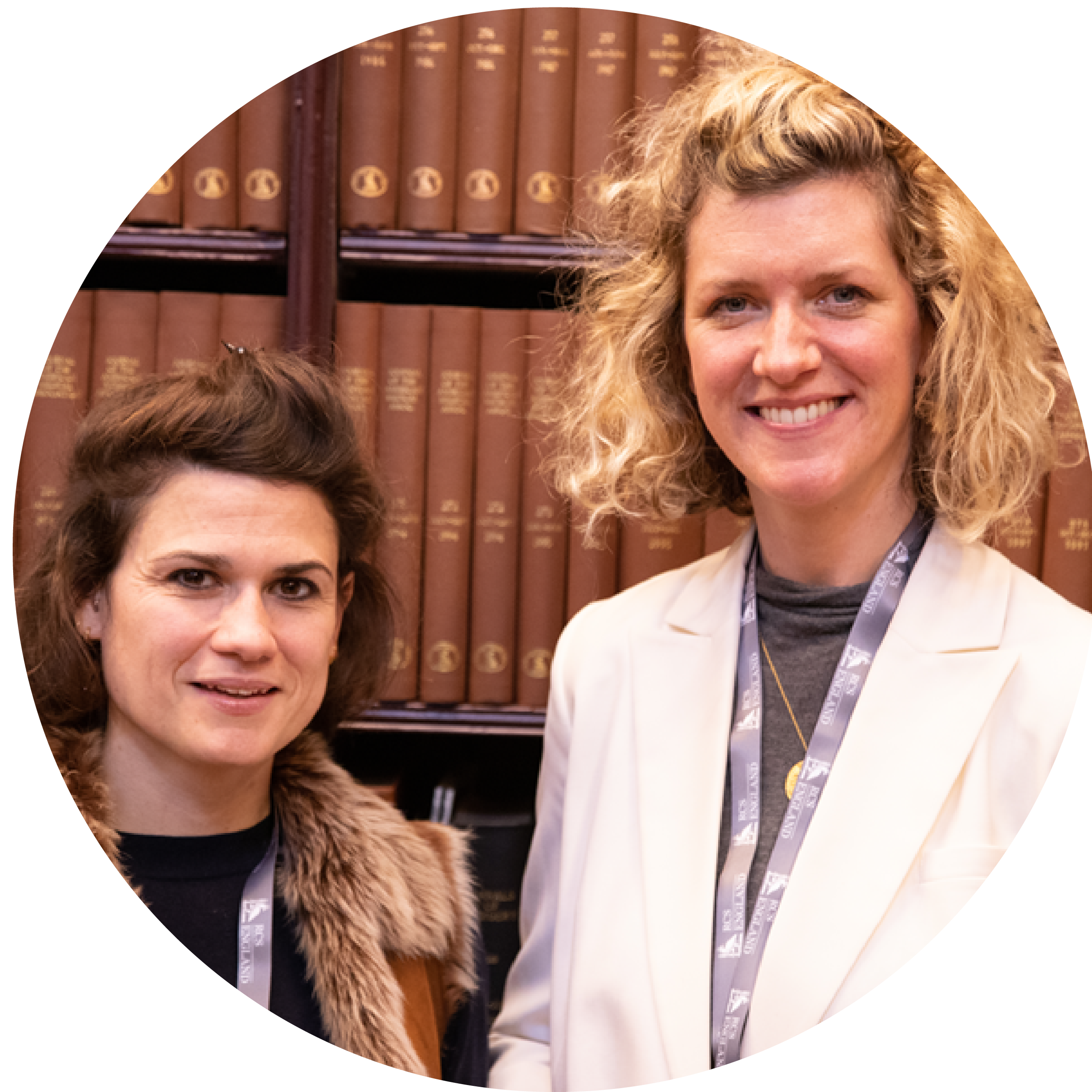
Kathryn Ford and Lilli Cooper
-
29Jun2022
Seeing the Pride flag at the College brought a tear to my eye
Pride Month is a chance to celebrate diversity and to not have to apologise for who I am, writes Ginny Bowbrick.
Ginny Bowbrick
-
8Jun2022
Two years on: tackling the environmental impact of PPE
The environmental impact of PPE is significant. As we look ahead to achieving net zero emissions in the health sector, our reliance on single-use PPE will need to change, writes Nadine Sheikh-Sobeh.
Nadine Sheikh-Sobeh
-
20May2022
What should we call junior doctors?
A new report led by Professor Scarlett McNally looked into what we should call ‘junior doctors’. In this blog, she highlights how titles can perpetuate implicit biases.
Professor Scarlett McNally
-
4Apr2022
Ramadan Mubarak!
Fasting Ramadan is one of the central pillars of Islam. Council member Miss Nuha Yassin looks at the practice of fasting and considers implications for surgeons and patients.
Miss Nuha Yassin
-
15Mar2022
Winning the Cutlers’ Surgical Prize
Chris Roche, winner of the 2022 Cutlers' Surgical Prize, shares more about his research and the world-first prototype he created to patch the heart using minimally invasive robotic surgery.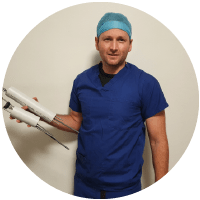
Christopher Roche
-
2Sep2021
Cycling for surgical research
Current and former Vice Presidents, Tim Mitchell and Sue Hill, share their experience in fundraising for the College and express why others should do the same.
Tim Mitchell and Sue Hill
-
16Jun2021
Tackling the Membership in Orthodontics examination

Chloé Rolland
-
3Jun2021
Volunteer's Week 2021
In his latest blog, President Professor Neil Mortensen expresses his gratitude for our College volunteers and faculty, as part of National Volunteer's Week 2021.
Professor Neil Mortensen
-
20May2021
A major win for British collaborative trauma research
RCS England Member, Max Marsden, has become the first UK winner of The American College of Surgeons Resident Trauma Papers Competition. Max tells us more about his research, the competition and what it felt like to win, in this blog.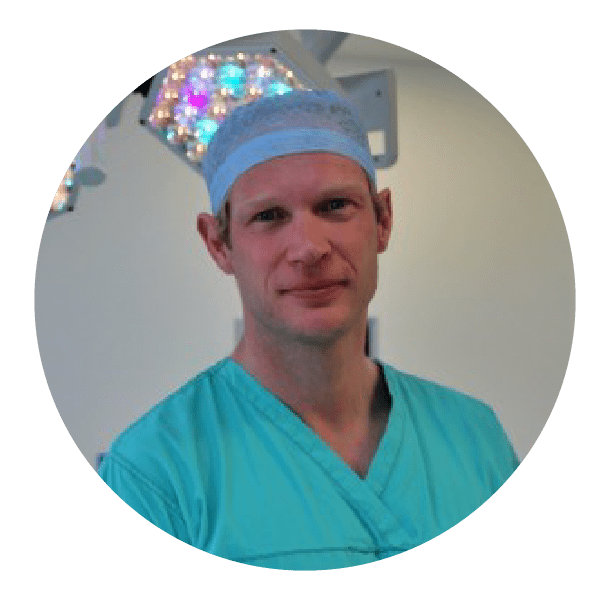
Max Marsden
-
5Mar2021
How we can choose to challenge in dentistry
This International Women's Day, Laura Gartshore reflects on her experience of RCS England's Lady Estelle Wolfson Emerging Leaders Fellowship and how we can all choose to challenge gender inequality.
Dr Laura Gartshore
-
14Feb2021
How to mend a broken heart
This Valentine's Day, Consultant Cardiac Surgeon Bil Kirmani offers suggestions for how to tend to matters of the heart and mind.
Bil Kirmani, Consultant Cardiac Surgeon and RCS England Fellow
-
4Feb2021
COVID-19 update from the President – 4 February
In these unpredictable times, the only thing I believe is certain is that we must look after our NHS colleagues’ welfare, and build back a health service that is more resilient and sustainable.
Professor Neil Mortensen
-
29Sep2020
‘How can we help?’ New roles and challenges for cardiothoracic trainees during COVID-19
In this blog series, David Bleetman and Jacob Chacko detail their responsibilities in the intensive care unit, describe the requirements needed to maintain an on-call service, and as a second wave approaches, they highlight their eagerness to help again.David Bleetman and Jacob Chacko
-
17Sep2020
The view from Australia
David Black is an ENT surgeon, currently on a head and neck fellowship in Brisbane, Australia. Living and working over 10,000 miles from home, Mr Black reflects on his separation anxiety from his family, friends and the NHS as the UK was hit by COVID-19.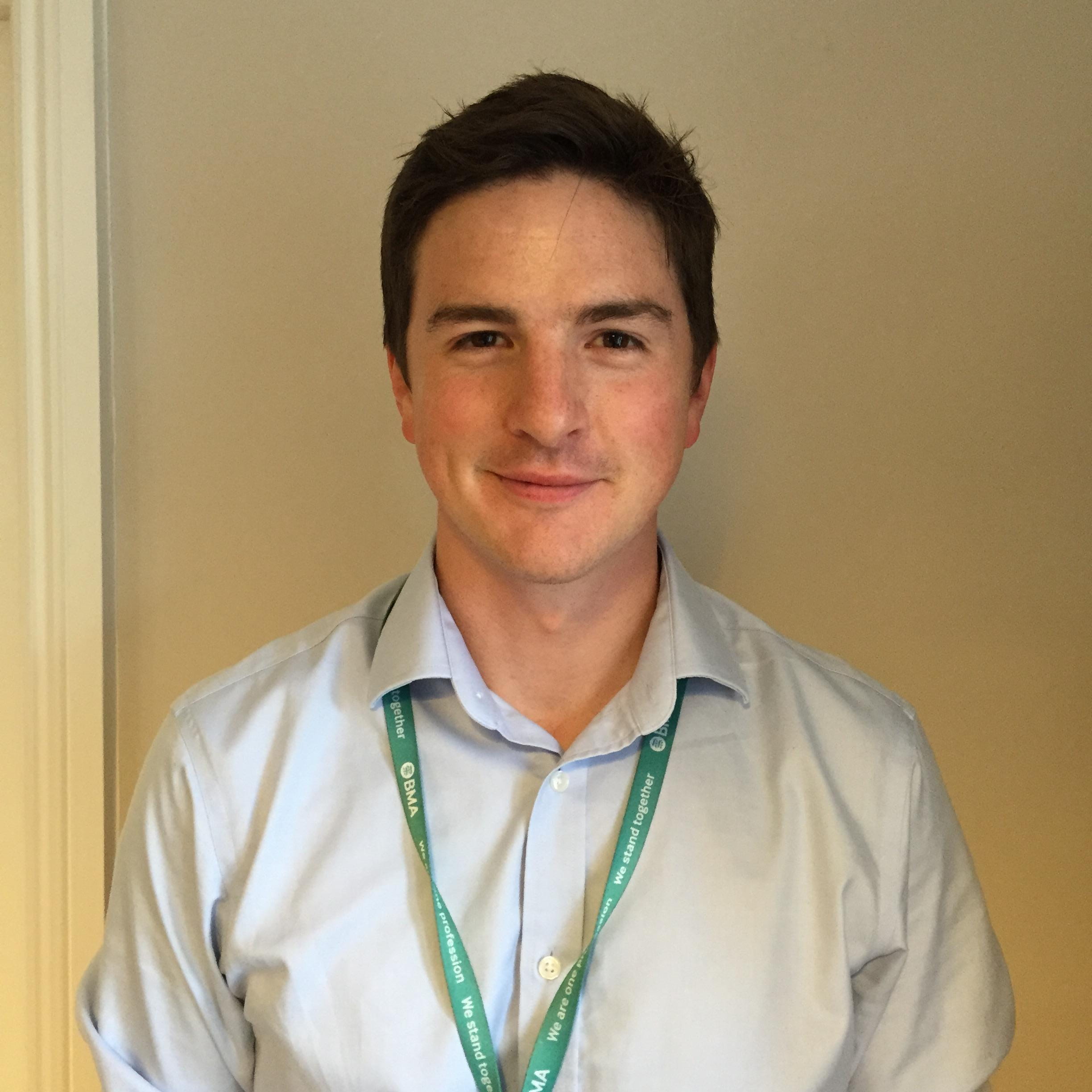
Mr David Black
-
8Sep2020
COVID-19 and a tooth fairy dentist's difficulties
Dr Nabina Bhujel is a Consultant in Paediatric Dentistry at Guy’s and St Thomas’ NHS Trust. In this blog series, she reflects on the impact of the coronavirus pandemic on young patients and highlights the value of communication skills.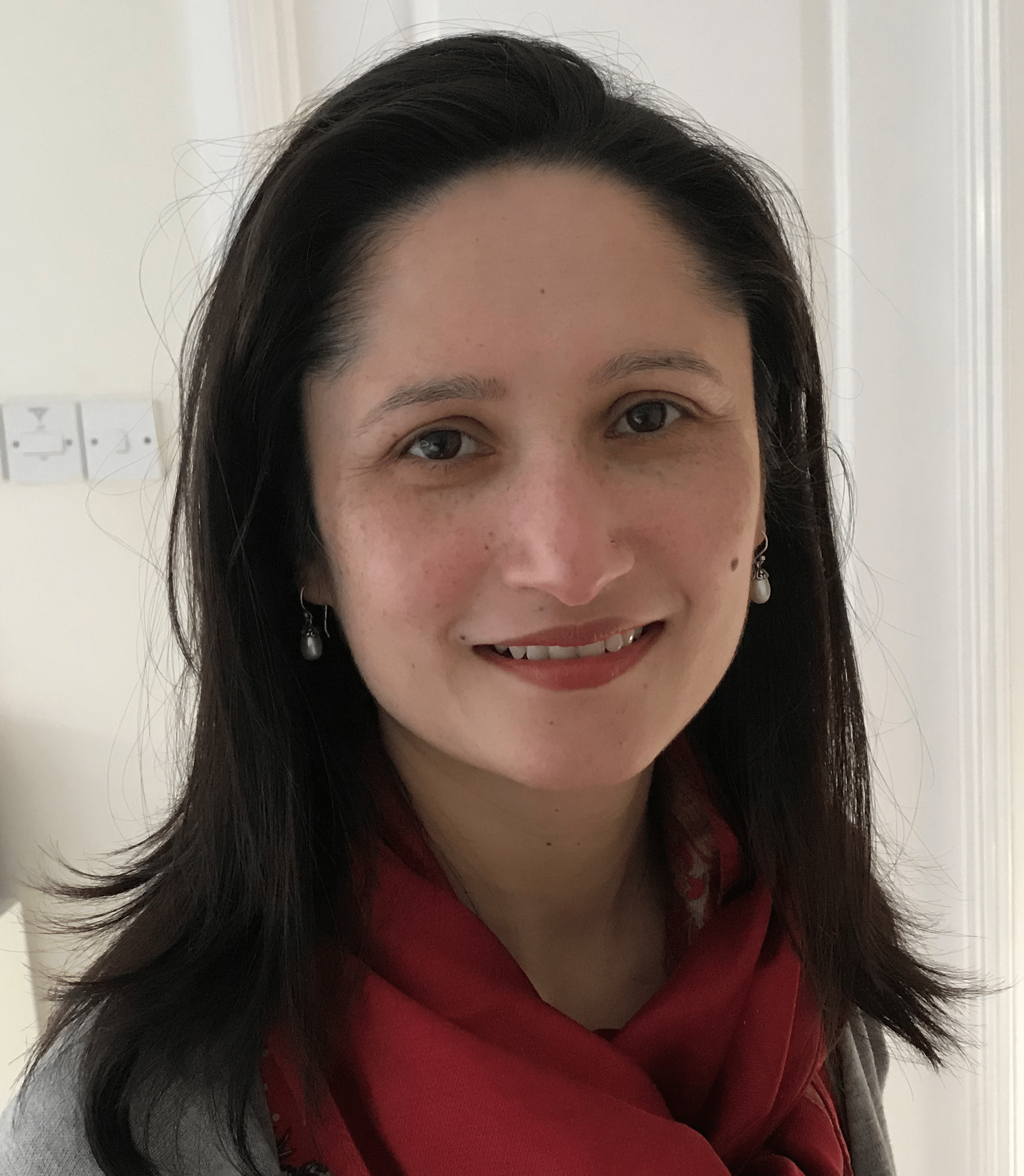
Nabina Bhujel
-
1Sep2020
'We began to be rewarded with many more survivors', an interview with Simon Walton
Dr Simon Walton is one of the ICU leads on both COVID-19 and non-COVID-19 wards and he reflects on the journey that his hospital and anaesthetic team have been on over the last few months.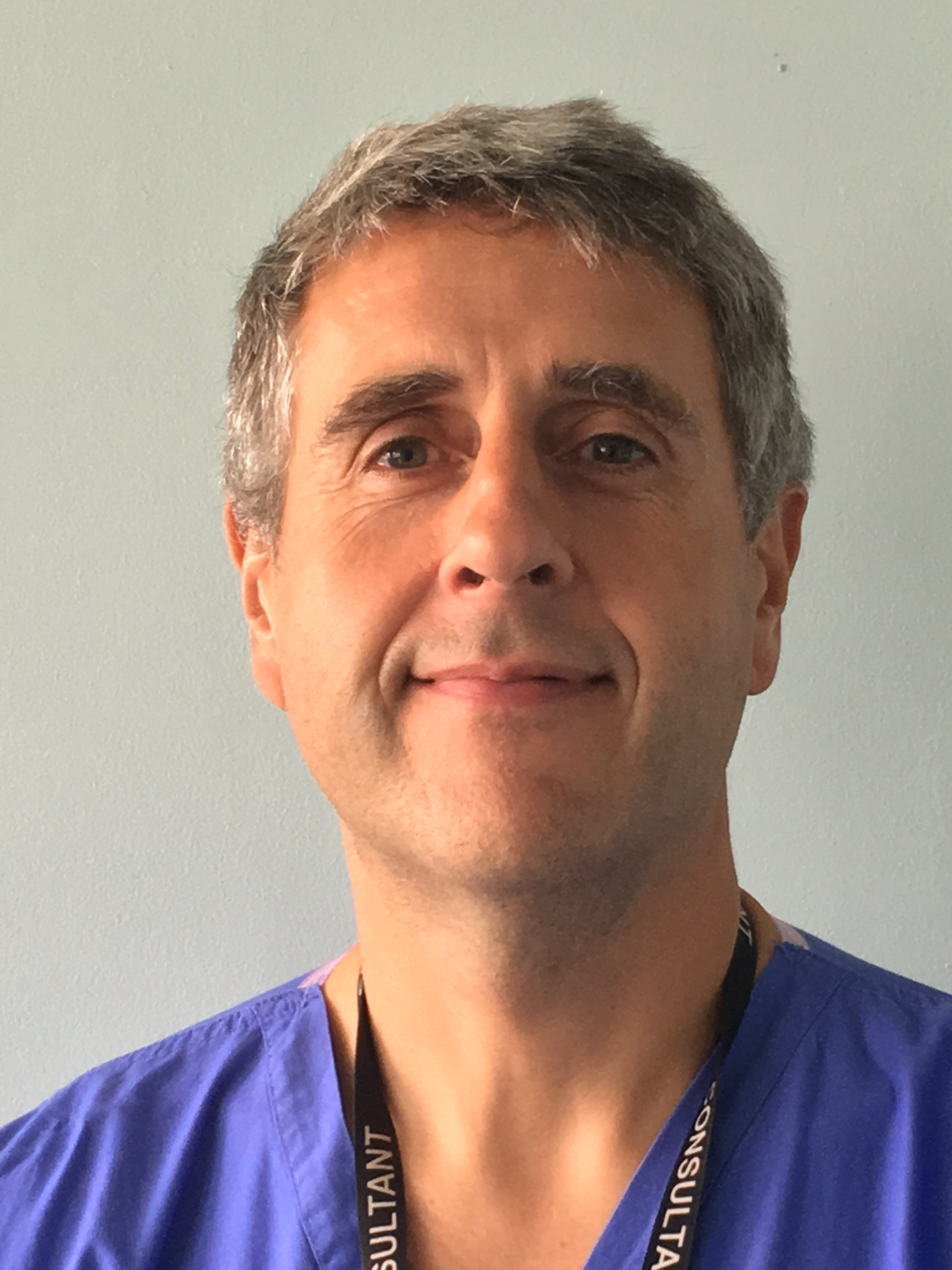
Dr Simon Walton
-
25Aug2020
Setting up an e-journal club during the COVID-19 pandemic: the CRAMsurg experience
In this blog series, our authors discuss how organising an online journal club has maximised learning opportunities throughout the pandemic. Joshua Lau, Gio Perin, Benjamin Wood, Adam Hague, Sabapathy Balasubramanian
-
18Aug2020
Surgeons during the COVID-19 peak: the experience of an ICU support team
In this blog, our authors discuss setting up a team of surgical consultants to support the intensive care unit during the peak of COVID-19.Sue Clark, Matthew Bartlett, Deepak Batura, Abul Habib, Ian Holloway, Laura Muirhead, John Murphy and Robert Reichert
-
5Aug2020
A core surgical trainee's perspective on the COVID-19 pandemic
Ms Haneen Abed is a Core Surgical Trainee who was redeployed to the COVID-19 ward at the peak of the pandemic. In this blog series, she reflects on the changes she had to embrace with her team and the valuable lessons learnt.
Ms Haneen Abed
-
29Jul2020
What have I learnt about quality improvement from leading the Chole-QuIC project?
Mr Ian Beckingham, Clinical Lead for Chole-QuIC and CholeQuIC-ER, is a laparoscopic surgeon based in Nottingham. In this blog, he discusses the importance of embedding quality improvement into surgery and ultimately improving patient care.
Mr Ian Beckingham
-
21Jul2020
WhatsApp, Doc? Instant messaging in times of crisis
Mr Matthew Dunstan is an ST6 Trainee in General Surgery in South West London. In this blog series, he describes how, with the help of instant messaging, team dynamics have changed during the coronavirus pandemic.Mr Matt Dunstan
-
15Jul2020
What is it like to be a surgical trainee in a global pandemic?
Parvathi Varma is a Core Surgical Trainee and Diana Kazzazi is a Plastic Surgery Registrar, both based at the Yorkshire and Humber Deanery. In this blog series, they discuss their respective experiences of the COVID-19 pandemic and the ways in which it has altered training.
Parvathi Varma and Diana Kazzazi
-
8Jul2020
Non-combat and non-COVID health: war during peace?
Nick Faure Walker is a Consultant Urologist at King’s College Hospital in London. In this blog series, he draws parallels between the healthcare landscape during the COVID-19 pandemic and times of war.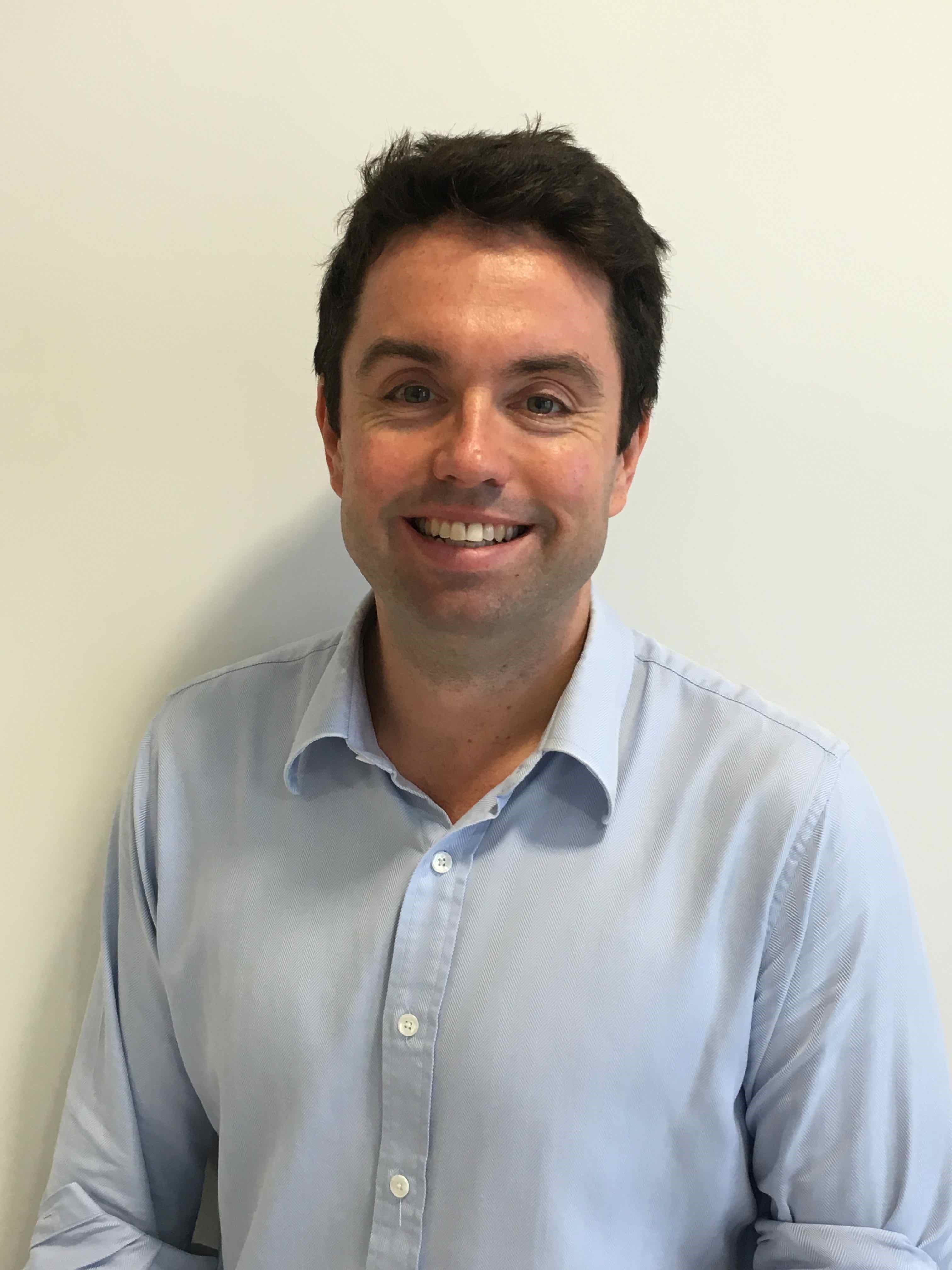
Mr Nicholas A Faure Walker
-
3Jul2020
A reflection on the plight of black, Asian and minority ethnic communities during the COVID-19 pandemic
Sala Abdalla is a Senior Specialist Registrar in Upper GI and General Surgery based at King’s College Hospital, London. In this blog series, she discusses the implications of COVID-19 on BAME communities and urges action to ensure we drive out systemic discrimination.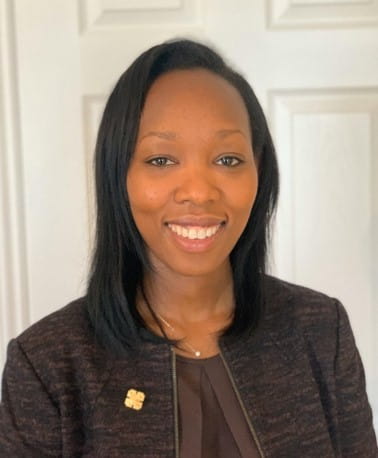
Ms Sala Abdalla
-
26Jun2020
Surgeons working as one team at the Nightingale Hospital London
Miss Jessica Mok was one of the first volunteers at Nightingale Hospital London and was there when the first patients were received on 7 April 2020. She describes the importance of multidisciplinary care and camaraderie during the COVID-19 pandemic.
Miss Jessica Mok
-
22Jun2020
Transforming a dual site orthopaedic department to assist with the coronavirus pandemic: our experience
Mr Nanavati and Dr Vyas discuss the ways in which they have adapted their department to manage the coronavirus pandemic.Mr Nikhil Nanavati and Dr Nirav Vyas
-
16Jun2020
COVID-19: patients, pregnancy and planning
June Tay is a senior urology trainee currently working at Guy’s Hospital, London. In this blog series, she shares her experience as a pregnant surgeon working during the coronavirus pandemic.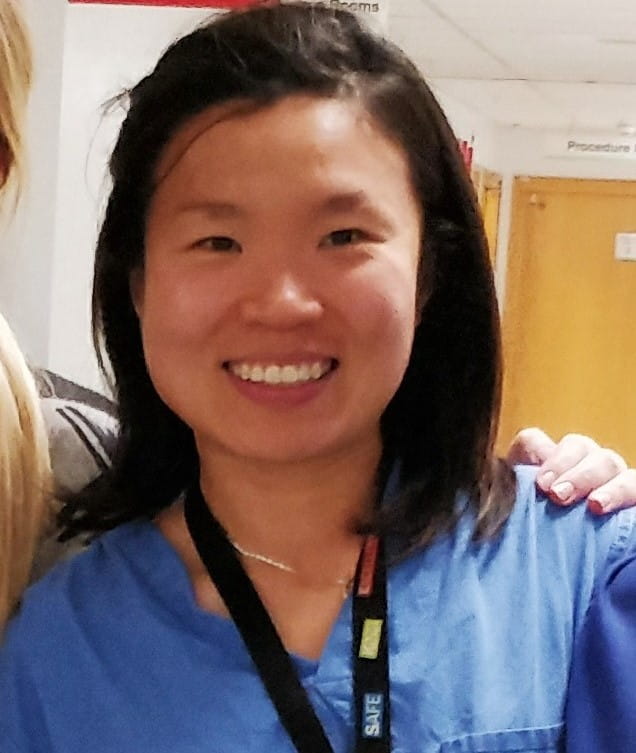
June Tay
-
10Jun2020
Memories from the on-call room: being a surgical registrar during the COVID-19 crisis
Natasha Jiwa is a trainee surgeon in General Surgery and was redeployed while undertaking her PhD as a Clinical Research Fellow. In this blog series, Natasha reflects on the wide-ranging changes in the medical community that are the result of COVID-19.
Natasha Jiwa
-
5Jun2020
Tackling COVID-19 together: how technology is enabling surgeons to stay connected, stay safe and stay engaged
In this blog series, the authors review how technology solutions are being used to help healthcare professionals stay connected, safe, and engaged throughout and following the coronavirus pandemic.Jamila S. Karim, Nadine Hachach-Haram and Richard Kerr
-
1Jun2020
Surgical research community driving the fight against COVID-19
Professor Peter Hutchinson is the Director of Clinical Research at the Royal College of Surgeons of England. In this blog series, Peter highlights the importance of the newly launched COVID Research Group, which aims to support and coordinate major studies investigating the impact and challenges of COVID-19.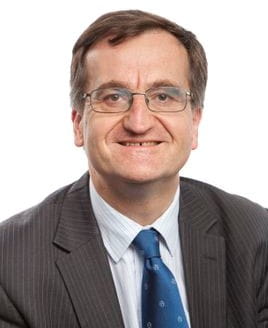
Professor Peter Hutchinson
-
27May2020
Paradigm shift and hypervigilance
Mr Tim Mitchell is an RCS Council Member and newly elected RCS Vice President. In this blog series, Tim discusses how the COVID-19 pandemic could alter medical practice indefinitely.
Mr Tim Mitchell
-
20May2020
Technology can help us to overcome the challenges of wearing full PPE in the operating theatre
Professor Martin Birchall explains how technology has helped his team to maintain distance and better communicate in the theatre.
Professor Martin Birchall
-
19May2020
Supporting oral healthcare through the COVID-19 pandemic
Professor Michael Escudier offers reflection on the Faculty’s work over an unparalleled couple of months, for both the profession and the public. The blog explores guidance the Faculty has contributed to and how members survey responses helped inform conversations with government.
Professor Michael Escudier
-
14May2020
Cancer patients: the forgotten victims of the COVID-19 global pandemic
Rabindra Singh is a Consultant Maxillofacial/ Head & Neck Reconstructive Surgeon. Here, he writes about his concerns for cancer patients whose treatment has been postponed or amended because of the COVID-19 pandemic.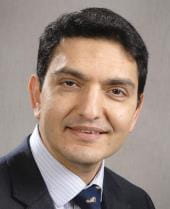
Mr Rabindra Singh
-
7May2020
The changing workforce landscape
Professor Ian Loftus is a Consultant Vascular Surgeon and an incoming Council member of RCS England. In this blog series, Ian describes how workforce patterns had to be reassessed as his trust saw a rapid spike in COVID-19 related admissions.
Professor Ian Loftus
-
5May2020
Reflections from beneath the many layers of PPE
Liam Poynter is a trainee surgeon in Colorectal and General Surgery. In this blog series, he reflects on his first experience of performing emergency surgery, while wearing full personal protective equipment (PPE).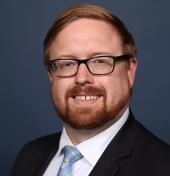
Mr Liam Poynter
-
1May2020
Redeployment to the intensive care unit
Dr Sancia Fernando currently works as an Oral and Maxillofacial Surgery Senior House Officer in Northwick Park Hospital. In this blog series, she describes her experience of redeployment and details the contributions that the dental workforce can bring to caring for critically ill patients during the COVID-19 crisis.Dr Sancia Fernando
-
15Apr2020
Staying away from those you love the most saves lives
Mr David Whitehead is a Consultant Ear, Nose & Throat Surgeon in Middlesbrough. He describes a week when he was on call, providing emergency ENT surgery to patients suspected of having COVID-19.
Mr David Whitehead
-
3Apr2020
Meeting the Challenge: A call for perspectives from the front line of COVID-19
In the kickoff piece for our new COVID-19 blog series, Jonathan Glass looks at what we can create by sharing perspectives.Jonathan Glass
-
3Apr2020
COVID-19 update from the President - 3 April
President of the Royal College of Surgeons of England, Professor Derek Alderson, pays tribute to Dr Adil El-Tayar and Mr Amged Al-Hawrani, and updates members on PPE, arrangements for trainees and for retired surgeons returning to work.
Professor Derek Alderson
-
26Mar2020
Don't risk it!
As we fight the COVID-19 pandemic, you must not put yourself, your colleagues or patients at unnecessary risk through potential viral exposure as a result of inadequate personal protection, writes Professor Derek Alderson.
Professor Derek Alderson
-
3Mar2020
The true value of the DCOTS course: learning life-saving trauma surgery skills
Colonel Paul Parker is the most senior trauma and orthopaedic surgeon in the British Army. He is also a Consultant Orthopaedic Surgeon at the Queen Elizabeth Hospital in Birmingham and director of the Royal College of Surgeons’ ‘Damage Control Orthopaedic Trauma Skills’ (DCOTS) course.Colonel Paul Parker
-
18Feb2020
We need a single repository of data, bringing together information on a surgeon’s work across all sectors
Following the Paterson Inquiry report, Professor Derek Alderson writes a blog for the BMJ, outlining key recommendations and ongoing work to assure standards in the independent sector.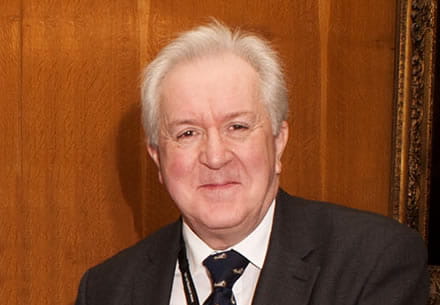
Professor Derek Alderson
-
22Jan2020
Building ties between the UK and Egyptian surgical community
Past and current RCS research fellows visit Cairo on an historic trip by the RCS to further collaboration between the UK and Egyptian surgical communities.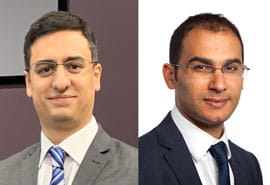
Adam Wahba and Adel Helmy
-
20Nov2019
Could you be an expert witness?
Read our latest blog post by Mr Leslie Hamilton on what it takes to become an expert witness and the RCS's new guidance for surgeons considering this as a career path.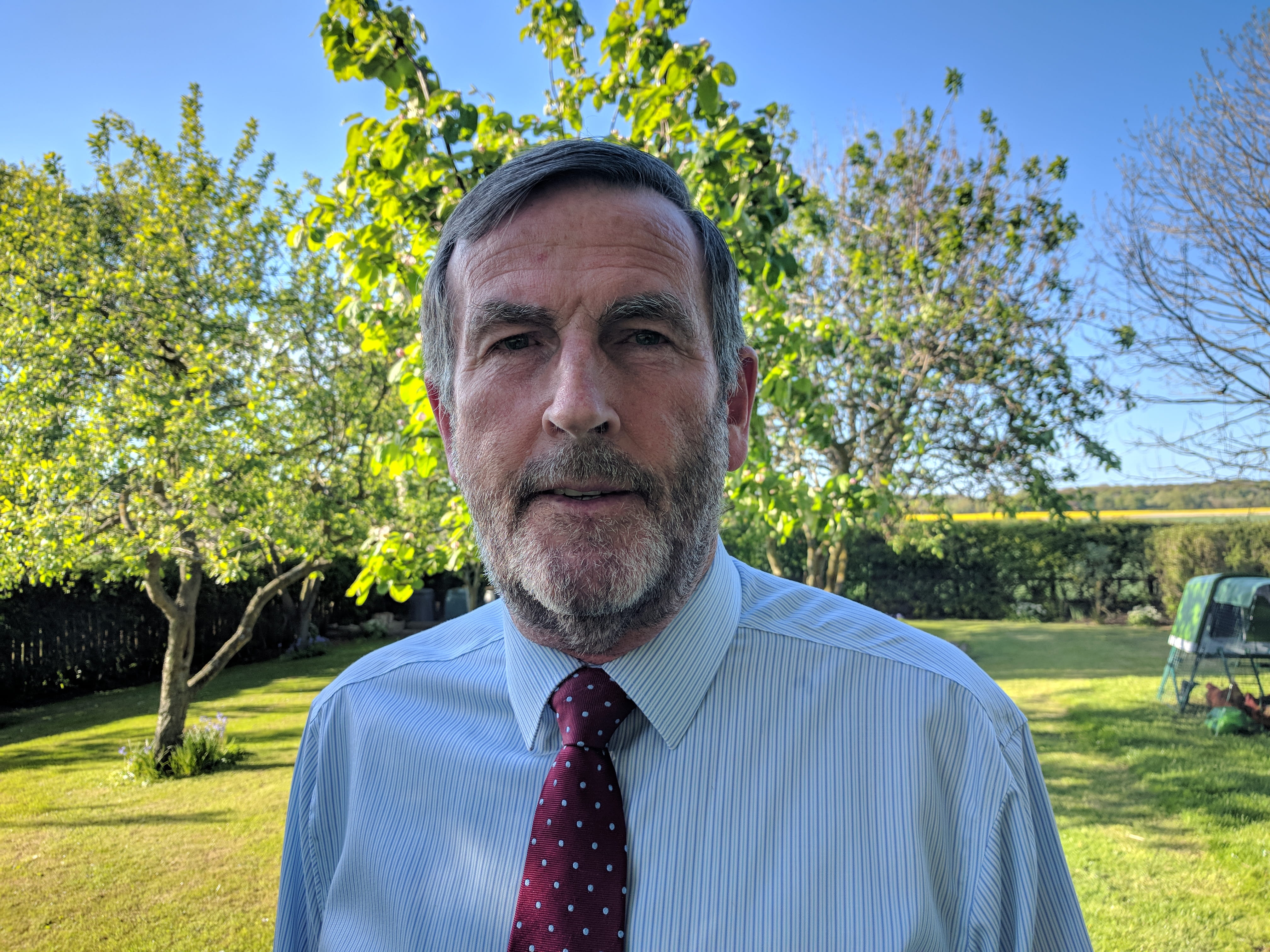
Leslie Hamilton
-
12Sep2019
The Vascular Society’s spotlight on improving patient outcomes and reducing amputations
Specialty Association Spotlight: In this series representatives from the Specialty Surgical Associations write about a 'hot topic' within their specialty, with the aim of starting conversations within the different specialties.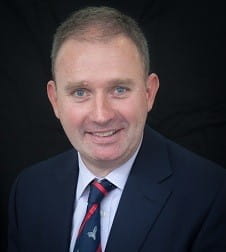
Mr Jon Boyle
-
23Jul2019
Getting patients fit for surgery

Professor Mike Grocott
-
5Jul2019
West Wales: the perfect place to live for those in search of a high quality of life and a fulfilling surgical career
Rhodri Williams is a consultant orthopaedic surgeon who specialises in all aspects of routine, complex and revision hip and knee joint replacement surgery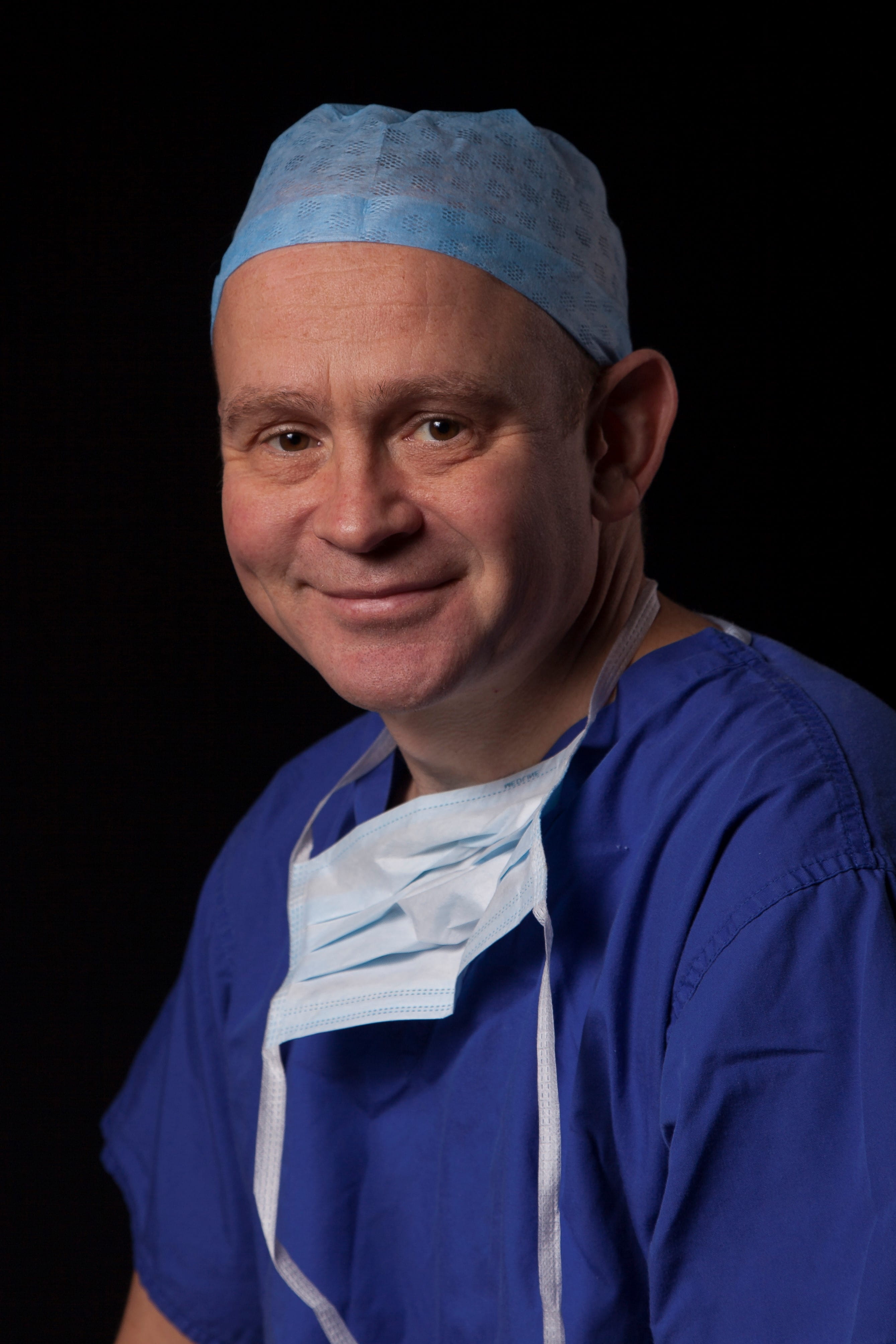
Mr Rhodri Llywelyn Williams
-
2May2019
Global surgery: the musings of a travelling surgeon
Consultant Colorectal and General Surgeon Mr Mark Szymankiewicz describes his experience of volunteering as a General Surgeon at St Augustine’s Hospital, Muheza, in Tanzania, East Africa.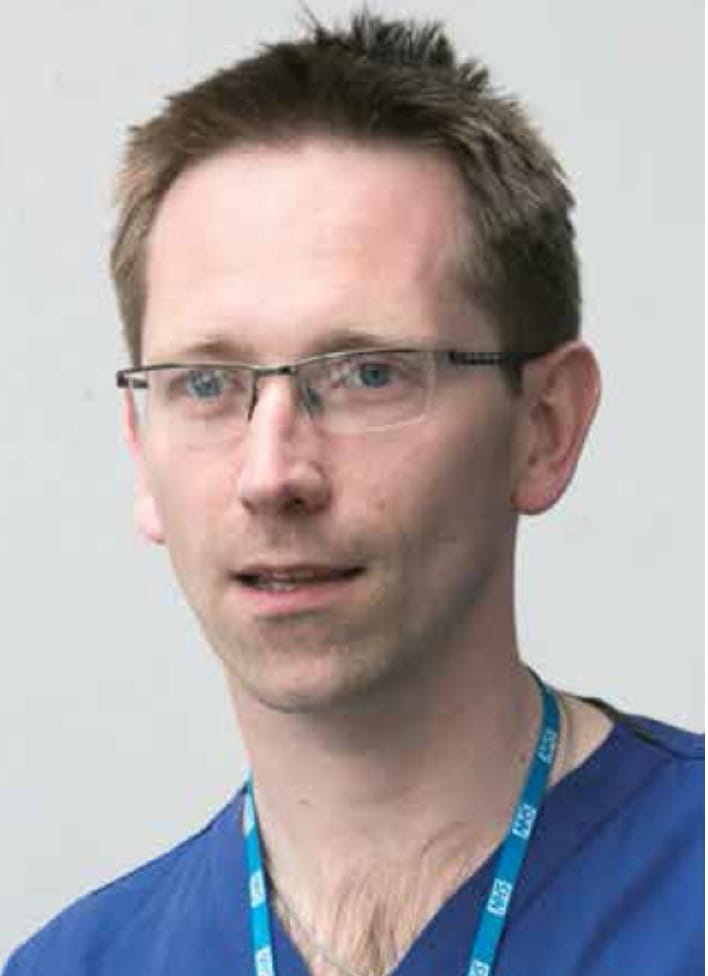
Mr Mark Szymankiewicz
-
25Apr2019
Dentists can play a crucial role in the health prevention agenda
“Prevention” is one of the most important words in healthcare today. It is at the heart of the NHS Long Term Plan (LTP). Published at the start of January, the LTP sets out the direction for the health service for the next decade and beyond.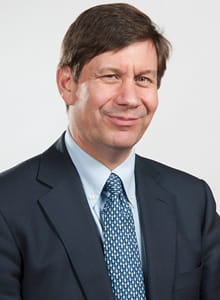
Professor Michael Escudier
-
20Mar2019
How to avoid burnout in the NHS - learning to pull your own oxygen mask down first
Dr Clare Gerada is a GP, former chair of the Royal College of GPs, and the Medical Director of the Practitioner Health Programme (PHP) – a confidential NHS service for doctors and dentists with issues relating to a mental health, or addiction problems. She has recently been appointed as a co-chair of a new NHS assembly, which will advise NHS England and NHS Improvement on the delivery of the NHS long-term plan.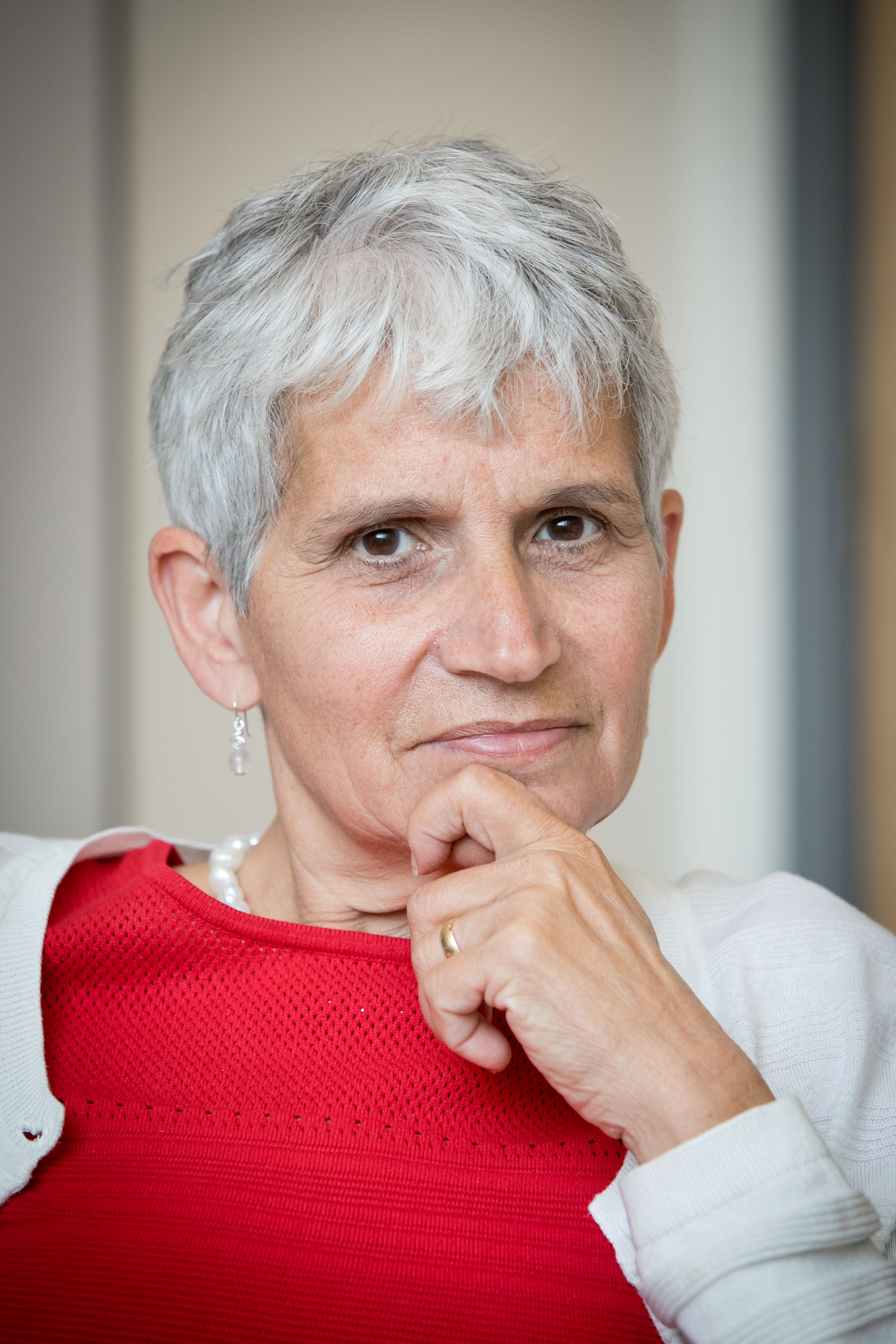
Dr Clare Gerada
-
11Mar2019
Making the most of medical school
In this blog, medical student and BOTA Medical Student Representative, Berenice, gives her hints and tips on how you can make the most of medical school if you aspire to become a surgeon.
Berenice Nixel Aguirrezabala Armbruster
-
21Feb2019
Are surgeons missing the major differential diagnosis that is more common than multiple sclerosis and HIV combined?
Every surgical specialty experiences a subgroup of patients who present with symptoms that cannot be resolved by surgery.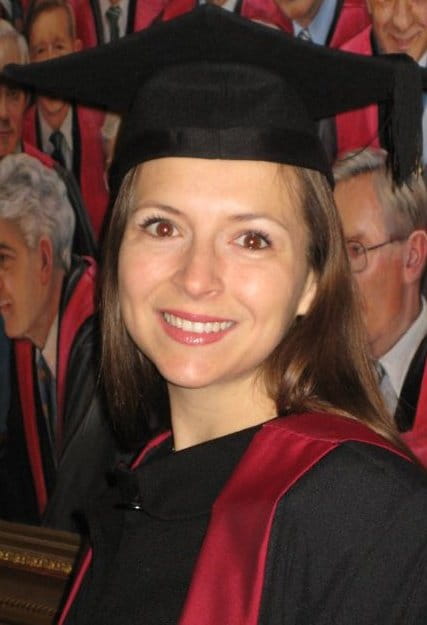
Nina Muirhead
-
7Dec2018
The future of surgery
If we have learned anything in the last 30 years, it’s that we are exposed to new knowledge and its practical applications more rapidly than ever.
Professor Derek Alderson, President of the Royal College of Surgeons
-
26Nov2018
Continuing to press for success

Alexandra Crossland
-
24Oct2018
Any health institution, or group of doctors, is capable of making changes to benefit patients
The Chole-QuIC project was initiated by the Royal College of Surgeons (RCS) in 2016. It aimed to reduce the time patients had to wait for urgent surgery to remove their gall bladder for patients with acute inflammation of the gallbladder, pain from a blocked bile duct, or gallstone pancreatitis. Mr Nabeel Qureshi, a consultant general surgeon, talks about his involvement in this Quality Improvement project and how it helped drive changes in his hospital.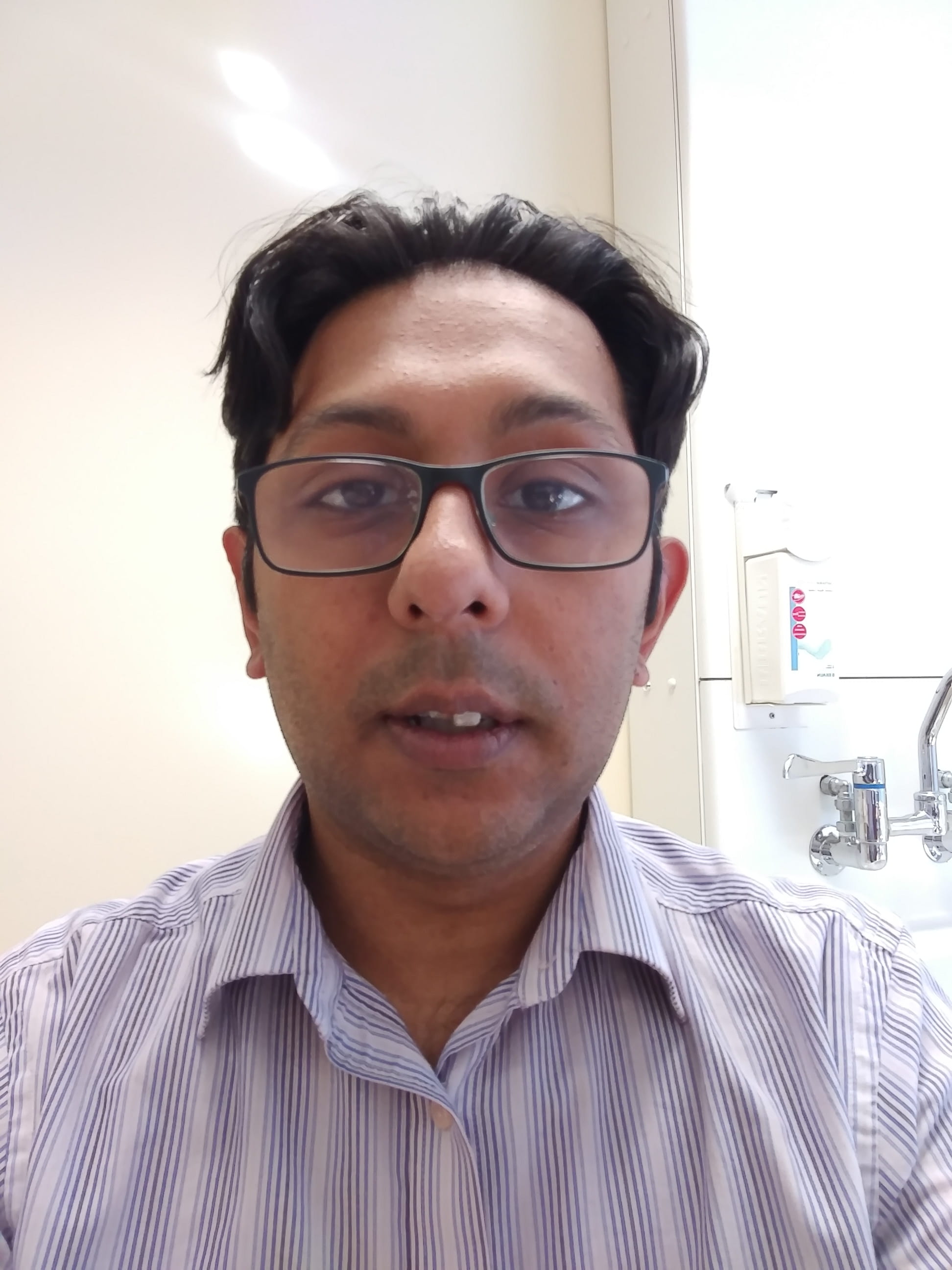
Nabeel Qureshi
-
10Oct2018
Attending the Medical Protection Society's Professional Behaviours Masterclass will benefit surgeons and their patients
The Medical Protection Society (MPS) runs a professional behaviours masterclass for surgeons who perform cosmetic surgery. Mark Dinwoodie, the former Director of Education at the MPS, explains how it can help surgeons to enhance their skills in areas such as consent and effective communication with patients.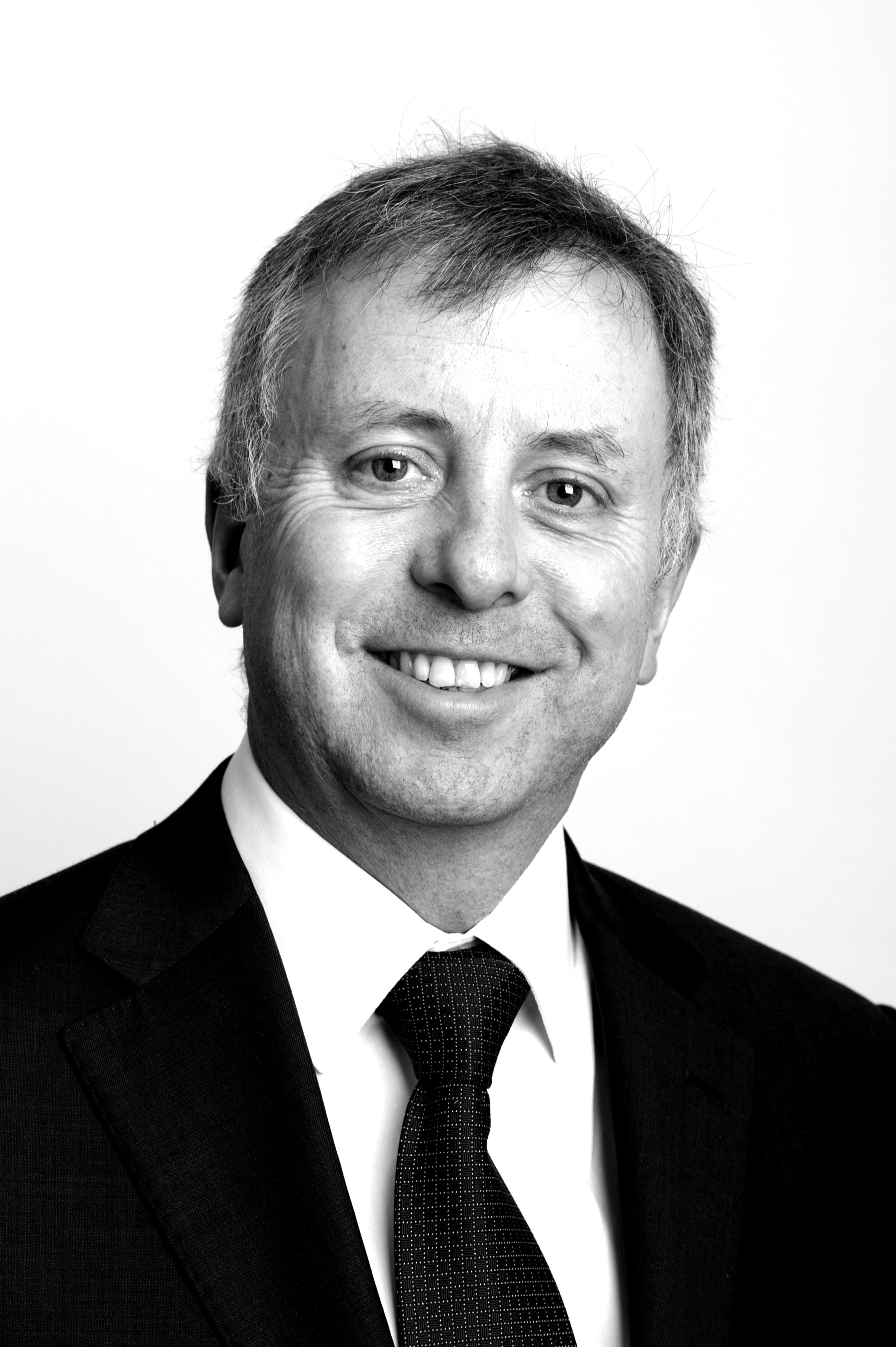
Mark Dinwoodie
-
26Sep2018
Quality Improvement can help surgeons to deliver better patient care
A Consultant Oesophago-gastric surgeon explains how beneficial quality improvement initiatives have been in improving patient care and team work during his NHS career.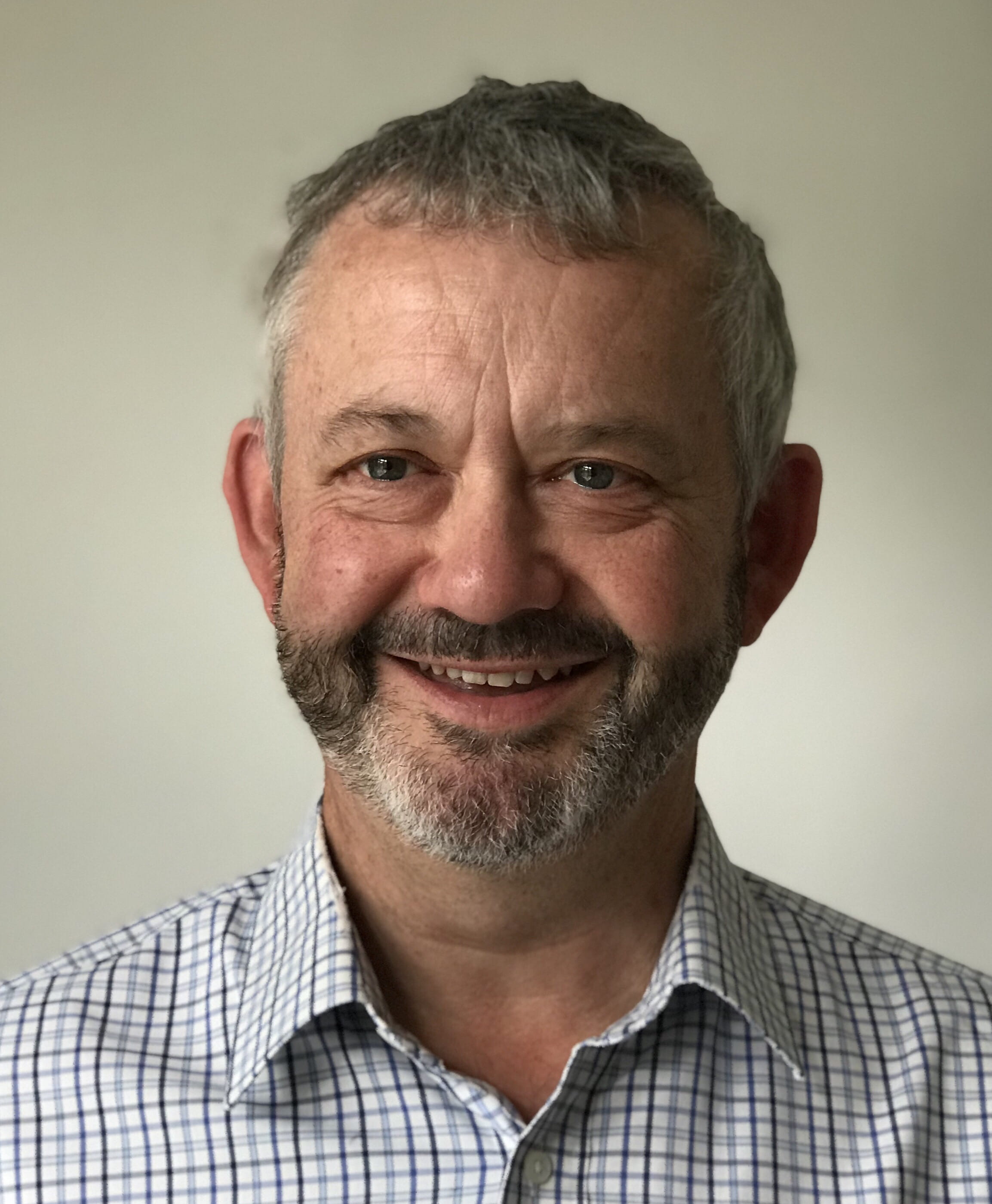
Richard Berrisford
-
19Sep2018
Are you sepsis aware?
Up to 44,000 people in the UK die every year from sepsis and as many as 250,000 people are affected by the condition every year in the UK. At the UK Sepsis Trust, we are passionate about raising awareness of this potentially life-threatening condition.
Melissa Mead
-
13Sep2018
Why the Advanced Trauma Life Support (ATLS) course is so relevant today
Last month The Lancet published a report into survival outcomes in England for patients with major trauma, following changes that occurred in 2012 to trauma service provision. The study showed a 19% increase in the odds of survival since the introduction of these changes. 1,600 more trauma victims are alive today because of the developments that have been made in the management of trauma patients in England over the last six years.
Dr Simon Walton and Mr Guy Slater
-
5Jul2018
Surgeon Professor Harold Ellis, who joined the NHS in its first month, reflects on 70 years of the NHS
Supporting NHS 70: Professor Harold Ellis CBE FRCS, who began working as a surgeon 70 years ago, looks back at how the NHS has evolved since its creation.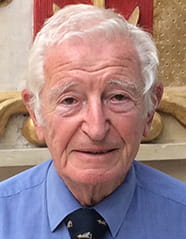
Professor Harold Ellis
-
5Jul2018
Beyond 70: a technological NHS
Supporting NHS 70: Nadine Hachach-Haram is a plastic and reconstructive surgeon at St Thomas’ Hospital, London, and co-founder of Proximie, an award-winning augmented reality technology company providing solutions to improve healthcare systems.
Nadine Hachach-Haram
-
21Jun2018
Pollution and its massive impact on health - a surgical view
Congenital anomalies, also known as congenital birth defects, result in half-a-million childhood deaths globally every year – one of the top five causes of death in children under five. Ninety-seven per cent of deaths from congenital anomalies occur in low- and middle-income regions and, whilst the number of deaths has fallen in middle- and high-income countries over the last quarter-century, the number continues to rise in low-income countries.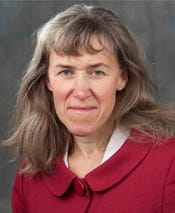
Mrs Scarlett McNally BSc MB BChir FRCS (Tr&Orth) MA MBA FAcadMEd
-
13Jun2018
Introducing our founding associate members
Read why our founding associate members joined the RCS and what membership means to them.RCS
-
5Apr2018
A new perspective on paediatric surgery worldwide: baby steps towards meaningful outcomes
Congenital anomalies, also known as congenital birth defects, result in half-a-million childhood deaths globally every year – one of the top five causes of death in children under five. Ninety-seven per cent of deaths from congenital anomalies occur in low- and middle-income regions and, whilst the number of deaths has fallen in middle- and high-income countries over the last quarter-century, the number continues to rise in low-income countries.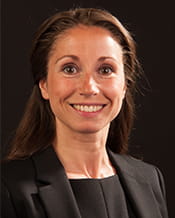
Paediatric Surgery Registrar and PhD Fellow Naomi Wright (King's Centre for Global Health and Health Partnerships)
-
8Mar2018
A great surgeon can come from anywhere
I am an ST5 in general surgery. I’ve always been ambitious. I did well in my medical school exams at the University of Cambridge and King’s College London, and I had a fantastic time on my trauma surgery elective in South Africa. Nevertheless, I didn’t know if I had what it took to be a surgeon.Ms Rebecca Grossman, Specialist Registrar in General Surgery, Royal Berkshire Hospital
-
22Feb2018
Professional standards and guidance to help improve surgical practice in your area
The Royal College of Surgeons is involved with the development of surgical standards in just about everything it does. Not only do surgeons look to the College for guidance, but the public also expect surgeons to maintain the highest possible standards, whether in their training, their examinations or in their professional behaviour. Whilst the Specialist Associations remain responsible for guidance on specialty specific issues, there remain large areas of generic skills and practice which are relevant to all surgeons and where the College seeks to raise the bar.Mr Peter Lamont is the Royal College of Surgeons Council lead for standards and guidance
-
20Feb2018
Minimum waiting times are wrong and highlight the need for investment in our NHS
The Royal College of Surgeons has called on NHS England to stop clinical commissioning groups (CCGs) from imposing minimum waiting times on surgery for patients who need a non-urgent operation.Professor Neil Mortensen is a consultant colorectal surgeon and vice president of the Royal College of Surgeons
-
16Feb2018
We now need to view knife crime as a public health issue
If 600 kids aged 18 and under were being hospitalised every year as a result of their mobile phones exploding, there would be a huge outcry and steps would be taken to remedy the problem. Yet because these are kids stabbing kids, almost all from deprived backgrounds, little is being done.Mr Martin Griffiths, Consultant Vascular/Trauma Surgeon and the Lead for Trauma Surgery at Barts Health NHS Trust
-
8Feb2018
Realising the full potential of minimal access surgery
We are on the edge of a healthcare revolution. Technological developments are beginning to converge that will provide innumerable benefits to patient and surgeon alike. The Royal College of Surgeons has set up an independent commission to explore this very area and imagine the future of surgery. From innovative use of big data to personalisation of care, the surgery of the future will look very different to the present day.Mark Slack, Consultant Gynaecologist and Urogynaecologist, Addenbrooke’s Hospital
-
14Dec2017
Gazing into the crystal ball
The Royal College of Surgeons has launched its new Commission on the Future of Surgery. As the name suggests, the Commission will look forward to what surgery might look like in 5 years, what it could look like in 10 years and what it might be in 15 to 20 years. Ros Levenson, chair of the RCS Patient and Lay Group considers why the Commission is so important for patients.Ros Levenson, chair of the RCS Patient and Lay Group
-
8Nov2017
Improving Surgical Training - A consultant's perspective
This autumn, the Royal College of Surgeons of England, supported by Health Education England (HEE) and in association with the Joint Committee on Surgical Training (JCST) are launching a new pilot surgical training scheme. Entitled ‘Improving Surgical Training’Ian Eardley, Senior Vice-President at the Royal College of Surgeons
-
8Nov2017
Improving Surgical Training – A Trainee’s Perspective – What does it mean for us?
Those of us intending to apply for core surgical training this year have a new training programme for general surgery to consider – Improving Surgical Training (IST).Dr Hannah Lewis
-
20Oct2017
A focus on physical activity can help avoid unnecessary social care
Surgeons realise the huge impact of people living longer but suffering ill-health for more years. We see patients waiting for social support before they can go home, elective patients having surgery cancelled through a lack of hospital beds and some patients nursed in ‘escalation areas’.Mrs Scarlett McNally, Consultant Orthopedic surgeon and Council Member of the Royal College of Surgeons
-
13Oct2017
Private sector and NHS must meet the same standards of care
On Monday night (16 October) BBC Panorama will broadcast an important investigation into standards in the private sector.Professor Derek Alderson, President of the Royal College of Surgeons
-
31Aug2017
Why is a safe, cost-effective therapy for a deadly disease underutilised in the UK?
When clinical evidence of efficacy and safety, high cost-effectiveness, NICE guidelines and international consensus by all relevant professional organisations are not sufficient to ensure appropriate access to bariatric/metabolic surgery, then it becomes clear that misconceptions and the stigma of obesity are the main barriers.Ms Cynthia-Michelle Borg, Consultant Bariatric and Upper Gastrointestinal Surgeon, University Hospital Lewisham and Scientific Co-Chair of IFSO 2017
-
22Aug2017
How we made training more fun by creating a surgical skills competition
There are limited surgical skills courses pitched at core trainees or pre-specialty surgical trainees, and those that do exist are often expensive. We identified the potential of an alternative type of training course that encompassed fun and teamwork as well as friendly rivalry.Kat Ford & Lilli Cooper
-
24Jul2017
Prejudiced, penny-pinching and punitive
The Sunday Times (23 July 2017) reported on “unprecedented” bans on routine hip and knee operations for people who are obese and for people who smoke, as well as similar threats regarding access to cardiac surgery. Professor Derek Alderson, RCS President, is right to describe these restrictions as “illogical and prejudicial”.Ros Levenson, Chair of the Royal College of Surgeons Patient and Lay Group
-
13Jul2017
Safeguarding the future of cosmetic surgery
As someone who has undergone a significant amount of Plastic Reconstructive and Aesthetic Surgery myself, I know just how important it is for a patient to have the utmost trust in the medical practitioner helping them.Mr Gary Ross, Consultant Plastic, Reconstructive and Aesthetic Surgeon and Honorary Senior Lecturer at the University of Manchester
-
15Jun2017
Making the NHS a priority out of a hung parliament
Despite polls and pundits predicting a comfortable majority, in the end the Conservatives lost 13 seats and ended on 318 MPs – 8 short of an overall majority. This has left Theresa May under intense pressure from the media, her own party colleagues, and an emboldened Labour opposition. Under Jeremy Corbyn, Labour finished the night with an additional 30 MPs, with post-election polls even putting them ahead for the first time since Corbyn became leader. So what are the implications for the NHS?Will Culliford, Policy and Public Affairs Manager
-
15Jun2017
What could the DUP alliance mean for health
Those of us who call Northern Ireland home may have been disappointed, but not shocked, to see a return to so-called ‘tribal voting’ in the devolved nation after a roller coaster year. But those responsible for maintaining the Democratic Unionist Party (DUP) website almost certainly had the biggest surprise of all: a website meltdown brought about by the highest volume of traffic ever witnessed, as a direct result of the hung parliament. So, who are the DUP, what have they said about health and social care and what can we expect from their negotiations with the Conservatives?Susan Kelly, RCS Policy and Public Affairs for Northern Ireland
-
31May2017
A new surgical qualification shaped around the needs of today's junior surgeons
This week sees the launch of the RCS Postgraduate Certificate in Surgery. Aimed at the junior tier of aspiring surgeons. How is the PGCert in Surgery different? E-learning is nothing new, and the benefits are well-documented: easy to access, available at any time, allowing efficient transfer of information.Mr Daniel Ryan, President Elect of the Federation of Orthopaedic Trainees in Europe and Vice President of BOTA
-
8May2017
Revalidation: Clare Barton of the GMC answers your questions
With revalidation now in its fifth year, Clare Barton, Assistant Director of Revalidation at the General Medical Council answered some of our members’ questions on the process.Clare Barton, Assistant Director of Revalidation at the General Medical Council
-
3Apr2017
Hospital: showing how efficiency savings lead to inefficiency
On the front of a recent issue of the BMJ there was an illustration comparing the appointment to top NHS trusts of a crop of new chief executives from abroad with football team managers. No doubt there will be an increasing market for high flying CEOs in the future and while they may not command the salaries of the premier league bosses, some will still be taking home half a million before tax. That’s four times more than most consultants and ten times as much as many of the hospital staff.Professor Neil Mortensen
-
27Mar2017
Under pressure: not enough support for consultants?
In recent years, the NHS has increasingly struggled financially as costs have risen faster than income. When funding is tight in a labour-intensive sector such as the NHS, finding ways to stimulate labour productivity will be a key element in achieving these savings.Sarah Lafond, Senior Economics Analyst, The Health Foundation
-
23Mar2017
It’s time CCGs put a stop to restricting weight loss surgery
It is well-known that people who are seriously obese will develop other medical conditions as a result. This often compounds the obesity and takes a toll on their general health, and the healthcare economy. It’s also been established that for some, surgery can help them lose significant weight and return to a healthier lifestyle. It is proven to be safe, effective and saves the NHS money in the long term. So it is clear that bariatric surgery should be made more readily available to those who need it when everything else has been tried.Shaw Somers, President of British Obesity & Metabolic Surgery Society
-
8Mar2017
Our profession urgently needs a change of image
Reflecting back on my Emerging Leaders experience, the dominant tone was that of inclusion and interest. On that first morning, however, I asked myself what I was doing there...Miss Jenny Smith
-
7Feb2017
Reconfiguration of clinical services in the NHS – in the “too difficult” box?
The GMC says that doctors “should make the care of your patients your first concern”. But we don’t. We put our personal practice, our unit and even our “empire” first. Understandable. That is human nature. And no one likes change. But at a time of significant change in the patient population we serve and in the expectations of our patients, is it not time for a fresh look?Mr Leslie Hamilton
-
12Jan2017
Winter pressures - what's happening in surgery?
"This winter has already demonstrated the enormous pressures in the NHS across the UK. For most of us it seems it is the worst we have experienced in our working lives."Miss Clare Marx, President of the Royal College of Surgeons
-
10Nov2016
A common law right to autonomy of treatment
Nigel Poole QC considers the landmark judgment in Montgomery v Lanarkshire [2015] which affects the surgeon/patient relationship. The Supreme Court held that patients have the right to exercise autonomy over their own bodies and over the treatment they undergo.Nigel Poole QC
-
8Nov2016
We still need to do more to encourage the brightest and best female doctors to become surgeons
Whilst on the surface it appears that the gender gap in medicine as a whole is decreasing or perhaps even inverting (fifty-six percent of foundation year 1 doctors are female), in surgery the statistics tell a different story. -
28Oct2016
The morale maze: what's to be done to improve workforce morale?
One way or another, it is absolutely clear that workforce morale requires much greater priority. Let’s try some simple things now – they may make a difference. -
13Oct2016
A breast surgeon reflects on the complex decisions facing her patients at a difficult time
"I recently told a 30-year-old woman she probably has breast cancer. I say woman, but she looked like a young girl to me. Even as I approach 50, I feel young and that there is a long future ahead." -
6Oct2016
Emergency Gallbladder Removal – Do more, and sooner
"The report highlights the importance of doing the simple things right and doing them first time round. Many patient readmissions with acute pancreatitis could be avoided if the underlying cause is identified and treated during the first admission." -
13Sep2016
Improving the odds of surviving the UK's most high-risk surgery
"To many patients, an elective - or planned operation - can be a daunting experience. However, what most people do not realise is that an emergency bowel operation is the most high risk surgery in England and Wales."Mike Grocott
-
16Aug2016
Unfair NHS English language testing rules must go with Brexit
"Is it fair that a doctor from New Zealand will have to prove their English language skills in a clinical setting to be able to practise in the UK while a doctor from the EU only has to prove their everyday English skills?"Professor Nigel Hunt, Dean of the Faculty of Dental Surgeons
-
15Aug2016
How can we better involve patients and the public in healthcare decisions?
"Involving lay people, whether as patients, carers or as members of the wider community, should be a continuing process and not an ‘event’. It is a bit like continuing professional development – always ongoing, always offering new challenges and always suggesting new ways of working."Ros Levenson
-
3Aug2016
How to get your paper published
"There is no magic formula for success, but a combination of commitment, hard work and top tips from successful academics may propel the novice academic to publishing success."Jyoti Shah
-
21Jul2016
Making the best of Brexit for the NHS
"Change, challenges, setbacks, and advances are the hallmarks of modern medical careers. We can either let "Brexit" type moments consume us, whispering from the sidelines, or show the leadership necessary to deal with the uncertainty which now confronts us... "Clare Marx, President of the Royal College of Surgeons
-
20Jul2016
Publishing outcomes data for consultants and hospitals in private healthcare will help improve patient care
"I spent years working as a doctor in emergency medicine, so I know from personal experience how cumbersome data collection can be, especially if it is implemented at odds with spending time on patient care. Then again, I also know how powerful data can be when it is correct and used in the right way."Dr Vaibhav "VJ" Joshi
-
14Jul2016
GlobalSurg Crowdsourcing: Innovation and collaboration to map surgery outcomes
"Standing in a dark, windowless operating room in the Republic of Congo a few years ago when a power failure cut the lighting mid-surgery was a troubling reminder that many of the resources we take for granted at home are often a luxury for our colleagues working in low-resource settings."Ed Fitzgerald
-
20Jun2016
They should never happen...preventing never events
"A never event is a terrible misnomer for serious untoward events that, despite the introduction of the WHO safeguards, are occurring over 200 times a year in the UK."Mr Andrew Miles
-
28Apr2016
A trauma course born out of personal tragedy
"Dr Styner developed and delivered a local trauma training programme that was taken up by the state of Nebraska and then nationally a year later... Today, the course is delivered in over 75 countries"Mr Steven Bush
-
27Apr2016
Delivering a sustainable major trauma workforce
"Training pathways must be sufficiently integrated to allow the trainee to develop their trauma ambitions without negating aspirations to cultivate an elective sub-specialty or emergency (non-trauma) practice."Mr Nigel Tai
-
27Apr2016
Why is surgery ignored in discussions about global health needs?
"Mention “global health” and most people in the UK, even doctors, think of malaria, tuberculosis, HIV and possibly Ebola. Few think of surgery... "Professor Christopher Lavy
-
19Apr2016
Don't sit on your bottom and ignore the symptoms of bowel cancer
"Any bleeding persisting for more than a week or so, or occurring when there are no other symptoms of piles, needs to be taken seriously and properly investigated"Professor Neil Mortenson
-
1Mar2016
Surgeon as Patient: Breast Surgeon with Breast Cancer
"As soon as I saw my breast ultrasound I knew exactly what lay ahead. All the possible complications and worst-case scenarios flashed before my eyes"Miss Liz Ball
-
15Feb2016
What CQC inspections tell us about hospitals
"Despite the very real challenges facing acute hospitals and the complexities of how they deliver services, we have seen how outstanding innovation is improving patient care."Professor Sir Mike Richards
-
12Feb2016
How I used 3D printing to practise complex transplant operation
"It’s fantastic to see the difference the transplant made in the child’s life and we’re now aiming to use 3D printing to support safe and successful transplantation in similar cases."Mr Pankaj Chandak
-
5Feb2016
Planned operations: the wheels must keep spinning
"The cancellation of planned operations is driving up waiting lists and leaving us and theatre teams faced with having to tell patients that we are not able to operate today. This should not be the case when it is not due to clinical reasons."Mr Peter Prinsley
-
15Jan2016
2016 will be a year for change
"In 2016 we will continue to work towards delivering our three strategic priorities, underpinning the College’s vision of advancing surgical care."Andrew Reed, RCS Chief Executive
-
9Jan2016
"An Inspector Calls" (apologies to J.B. Priestley)
"For the NHS this first working week of January will be remembered for the headlines of hospitals in crisis, patients on trolleys and cancelled operations."Miss Clare Marx, President of the Royal College of Surgeons
-
8Jan2016
The NHS' commitment to junior doctors must not go the way of the January gym membership
"The New Year is an opportunity to set out resolutions for improvement and challenges the NHS, and indeed our College, to learn from the concerns expressed by junior doctors to better support the entire medical workforce"Miss Clare Marx, President of the Royal College of Surgeons
-
8Jan2016
Rhiannon Harries on how we can better support surgical trainees
"Is it any wonder there is low morale amongst surgical trainees, or why junior doctors are either leaving surgery, the UK or the medical profession in droves? Trainees and trainers must remain united to address this crisis, to protect our beloved profession, before it's too late!"Miss Rhiannon Harries
-
10Dec2015
Routine emergency surgery for children must be available locally
"At the Royal College of Surgeons we want to support and encourage local surgeons and hospitals to offer non-specialist surgical care for children in both elective and emergency situations."Mr Richard Stewart
-
6Nov2015
How does UK healthcare fare internationally?
"While debates often focus on lack of access to treatments (such as worsening waiting times, life-extending cancer drugs, or IVF), the OECD found that in the UK access to care is good, with unmet care needs and waiting times for elective surgery below the OECD average."Grace Gottlieb, Policy Officer, RCS
-
5Nov2015
Help make cosmetic surgery safer for patients: apply for certification
"I hope you will join me in preparing and applying for certification. Let’s protect patients and help them to identify appropriately qualified and experienced surgeons from individuals who should not be operating."Mr Tim Mellor
-
9Oct2015
Medical schools must offer all undergraduates high quality, practical surgical teaching
"A minimum standard of surgical knowledge, skills and understanding for every doctor should improve patient care. It should also allow those considering a career as a surgeon to have a sound basis for their future development."Miss Scarlett McNally
-
29Sep2015
Negotiation not imposition
"As President of the College, I will continue to seek every opportunity to persuade the government and NHS Employers to find a way forward with the BMA and the Junior Doctors’ Committee, that reflects the importance of trainee doctor workforce."Miss Clare Marx, President of the Royal College of Surgeons
-
24Sep2015
How can we gather meaningful outcomes for patients with special needs and their carers?
"My experience has shown that patients with a learning disability or impairment have a lot to teach us. We just need to give them the time and respect, to enable us to tap into that valuable resource."Dr Selina Master
-
16Sep2015
Bariatric surgery can provide a lifeline for people with obesity
"Health Secretary Jeremy Hunt has warned that obesity will overtake smoking to become the biggest public health challenge over the next five years."Mr Roger Ackroyd
-
9Sep2015
Challenging the stereotype of a surgeon
"The social media campaign #ilooklikeasurgeon highlighted just how many women surgeons there are working in the UK and around the world."Mrs Scarlett McNally
-
4Sep2015
Hernia surgery limiting service provision puts patients at risk
"The NHS needs to make a £22 billion saving by 2021. Delivering care more appropriately to help to reduce costs remains a key priority for NHS England. "Mr David Sanders FRCS and Mr Martin Kurzer FRCS
-
17Aug2015
Transparency needed in non drug trials
"At the RCS our aim is to instigate a cultural change towards improving the transparency of surgical trials, and we urge others with influence over trials on surgical and other non-regulated interventions to do the same."Professor Derek Alderson
-
28Jul2015
How do we improve surgical training?
"Surgical services need to change. Seven-day care is required to reduce weekend mortality; integrating health and social care would help to care for older people with multiple conditions; and services providing complex surgery need rationalisation to improve outcomes for patients... "Ian Eardley and Karen Smith
-
22Jul2015
Improving care every day of the year: Responding to the debate
"It's not just weekends which pose significant patient safety issues. August is the traditional month of summer holidays and junior doctor change over. ..."Miss Clare Marx, President of the Royal College of Surgeons
-
15Jul2015
Has the National Hip Fracture Database transformed hip fracture care?
"Hip fracture care has improved radically over the last decade. New analysis published today shows that time to surgery and death rates reduced among older people with hip fracture following the launch of the National Hip Fracture Database (NHFD) in 2007."Jenny Neuburger
-
7Jul2015
Clinical Service Accreditation (CSA) is coming your way!
"Providing evidence of achieving standards is undoubtedly a burden; however, the vast majority of effort expended in achieving accreditation is actually related to doing the things necessary to improve the quality of the service."Mr Mark Coleman
-
11Jun2015
Sir Bruce Keogh simplifies 18-week waits
"For all their successes, the 18-week waiting times targets have been rather confusing and unfair since they were introduced in England nearly a decade ago... "Dr Rob Findlay
-
1Jun2015
Lord Darzi on surgery and the future of the NHS
"Amid the concern about the future of the NHS one point is worth emphasising. The current standard of health care provided in the UK is the best it has ever been."Lord Darzi
-
29May2015
Importance of communication to patient experience
"Learning to communicate is a lifelong journey that never ends in medicine. At the heart of this learning has to be the patient's experience; everything about even the shortest conversation may be remembered for a lifetime by that person... "Kate Granger
-
18May2015
What does a Conservative majority mean for the NHS and surgery?
"Continuity would offer the NHS space to focus on the real challenges facing the health service, particularly well-established cultural and financial risks."Patrick Leahy, Head of Press and Public Affairs, RCS
-
5May2015
'Women Like Me'
"As a medical student, it was inspirational to watch a leprosy surgeon in Nepal perform complex hand surgery, in a small hospital in the foothills of the Himalayas, with the most basic of surgical instruments. The challenges of balancing career goals with a normal family life is no different whatever your gender."Ms Sabreena Mahroof
-
22Apr2015
Hip and knee replacements: BMI and smoking thresholds are not the answer
"Both smoking and high BMI are risks to manage with patients as soon as they are referred to a surgeon. This is entirely comparable with how other risks, such as uncontrolled diabetes, should be managed. Hard-and-fast rules denying or delaying surgery to patients in pain are unethical."Tim Wilton
-
13Apr2015
The restorative power of dentistry
"Many years ago, when I was a trainee, I saw a patient who had been referred for oral rehabilitation following surgery to remove a large tumour in the roof of her mouth... "Lorna McCaul
-
16Jan2015
The festive season: A reflective experience
"Working as a surgical trainee over the holiday season is often bitter sweet. On one hand, the drive into work was tranquil and the wards were full of good food. On the other hand, winter pressures were in full swing with the surgical wards full of patients."Mr David Sidloff
-
15Dec2014
Our patients deserve more: The surgeon perspective on winter pressures
"As a practising surgeon, looking after cancer patients, it is heartbreaking seeing operations cancelled on the day of surgery... "Mr Shafi Ahmed
-
4Dec2014
From the President: "Tidings of comfort and joy!"
"Freezing, on the platform at Plymouth station yesterday evening, I heard that familiar refrain of the Christmas carol sending tidings of "comfort and joy" from the adjacent church hall. After an amazingly vibrant and energising two days in Truro and Plymouth visiting their surgeons I really felt the reality of those words."Miss Clare Marx, President of the Royal College of Surgeons
-
27Nov2014
Hospital discharge: The importance of involving and consulting carers
"Carers should be involved with decisions about treatment and support, and must be consulted when it comes to planning around discharge. Taking on unpaid caring responsibilities can be a stressful and bewildering experience... "Heléna Herklots
-
21Nov2014
Publishing consultant outcomes: A work in progress
"What really matters in our quest for improvement is that we use outcomes to understand our own work and have honest and informed conversations with patients about the nature of surgery and their chances of successful outcome."Miss Clare Marx, President of the Royal College of Surgeons
-
12Nov2014
STARSurg: Building the future of surgical research
"This national, multi-centre, student-led collaborative research and audit project has been a world-first. The learning curve has been steep, but the enthusiasm with which students from across the UK and Ireland have taken to it suggests that with the right mentoring and support, surgical research has a bright future ahead."Ed Fitzgerald
-
7Nov2014
The NBSR shows how bariatric surgeons give patients their health back
"There are times when a pat on the back is very welcome and the bariatric healthcare community can feel suitably cheered by the second report from the National Bariatric Surgery Register (NBSR)."Mr Richard Welbourn
-
17Oct2014
"I'm one of the... um... new surgical SHOs here"
"Being a doctor has always been both a nightmare of juggling demands amidst the wonderful small clinical encounters that make each day worthwhile and no three-letter acronym will ever quite sum up what I do."Daniel Liu
-
2Oct2014
The politics of healthcare in party conference season
"The financial situation facing the NHS is a subject which has dominated party conferences this year. Statistics and predictions have ricocheted across the halls and the fringe debates in a rather chaotic fashion... "Jo Revill, Director of Strategic Communications, RCS
-
12Sep2014
Good Surgical Practice - Communication is vital
"Achieving the highest standard of patient care requires more than surgical excellence which is a base on which to build trust with both patients and colleagues. Leadership skills, and an environment of collaboration with the patient and the wider clinical team, are essential."Miss Clare Marx, President of the Royal College of Surgeons


